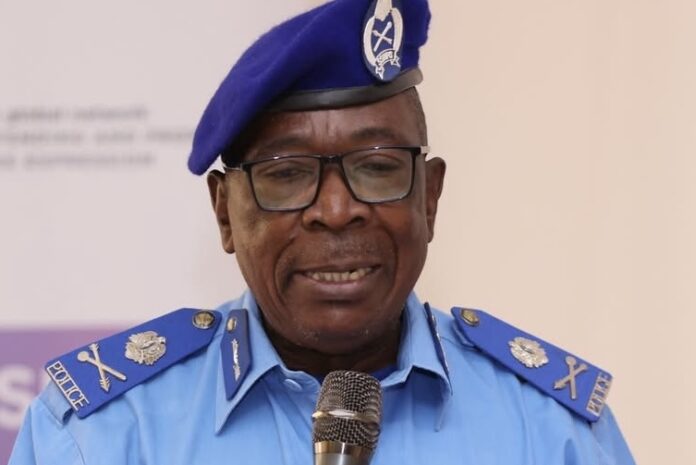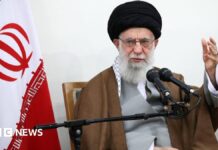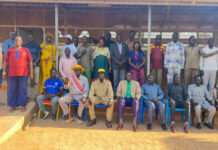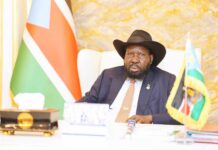The South Sudan Police Service has expressed support for journalists conducting investigative reporting, especially on corruption-related matters. However, authorities have urged reporters to be specific and evidence-based in their approach.
Speaking during a media-security seminar held in Juba, organized by the Association for Media Development in South Sudan (AMDISS), General Monday Enoka, National Police Spokesperson clarified that journalists are not prohibited from investigating corruption, but vague allegations are unhelpful and lack accountability.
“We are not stopping people from exposing corruption but be specific so that individuals or institutions can be held accountable. We need stories that are backed by evidence,” said Gen. Enoka.
He stressed the importance of detailed and targeted reporting, noting that broad accusations like “South Sudan is corrupt” do little to advance transparency or justice.
“When you say the country is corrupt—who exactly? Instead, go step-by-step. Ask the Revenue Authority how much was collected, then follow up with the Ministry of Finance on how that money was allocated. These are the real questions journalists should investigate.”
Gen. Enoka also encouraged the public to pursue legal action when necessary, affirming that all individuals—regardless of position—are accountable under the law.
The general further criticized corrupt practices within the police force, particularly the conduct of traffic officers who take bribes from motorists.
“Those are illegal collectors,” he said, referring to officers who accept unofficial payments. “The Police Service Act doesn’t permit such behavior. The law only allows for legal fees related to licensing and documented traffic violations.”
He also called on the public to stop enabling corruption by willingly paying bribes, emphasizing the need for collective accountability. “The public plays a role in encouraging these acts. If you don’t pay bribes, these practices will stop.”
AMDISS Director Ayaa Irene emphasized that while journalists play a crucial role in society, they must also uphold professional ethics and operate within the law.
“The safety and protection of journalists is very important. Journalists must operate within the confines of the law, upholding the code of conduct and ethics of journalism,” she said.
“Your safety begins with you. While press freedom is essential in a democracy, it is not absolute. Journalists have a responsibility to ensure their reporting is accurate, fair, and balanced.”
The seminar provided a platform for media professionals and law enforcement to engage in dialogue about press freedom, accountability, and the role of journalism in promoting transparency and good governance in South Sudan.





